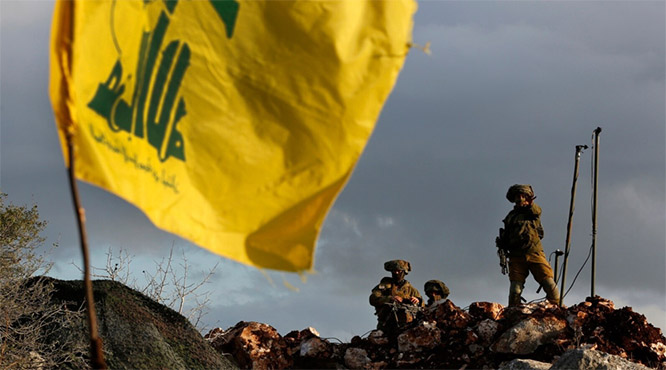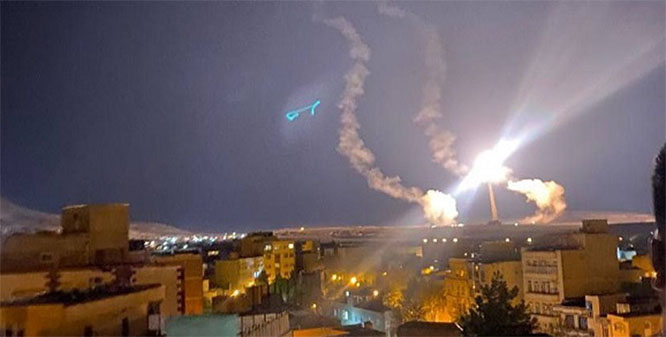
Kuwait City, June 13: The government of Kuwait has taken steps to deport Muslim expatriate workers including Indians for taking part in the “illegal” demonstration at the Fahaheel area after Friday prayers over the controversial remarks against Prophet Muhammed by now-suspended BJP leaders in India.
According to reports, the expats will be deported as they “violated the laws and regulations” of the country which lay down rules that sit-ins or demonstrations by expats “are not to be organized in Kuwait”.
Reportedly, the Kuwaiti authorities are in the process of “arresting” the expats and “referring them to deportation centres” in order to be deported to their countries, reported The Arab Times. Further, the deported expats will be banned from entering Kuwait again.
In response to a media query over the statement issued by the Kuwaiti Ministry of Foreign Affairs on offensive tweets in India, the spokesperson of the Embassy of India in Kuwait reportedly said: “Ambassador Sibi George had a meeting in the Foreign Office in which concerns were raised with regard to some offensive tweets by individuals in India.”
Earlier, Kuwait had strongly condemned the comments on Prophet Muhammad made by former BJP spokespersons. Amid a massive outrage, a Kuwaiti supermarket had also pulled Indian products from its shelves.
The BJP suspended its spokesperson - Nupur Sharma - and expelled its Delhi media head Naveen Kumar Jindal after their alleged controversial remarks on Prophet Muhammed that have triggered massive protests and condemnation. Sharma had made controversial remarks while speaking about the Gyanvapi Mosque dispute in Varanasi.
The comments have led to a severe backlash from several countries including Kuwait, Iran, Qatar, Saudi Arabia, Oman, Libya, Maldives, Indonesia, the UAE, Bahrain, and Jordan. Meanwhile, massive protests have also broken out across the country over the remarks - including in Uttar Pradesh, and West Bengal.








Comments
Add new comment